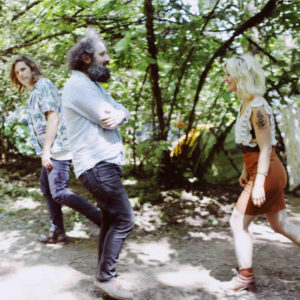 Song Title: Buzzin’ Fly
Song Title: Buzzin’ Fly
Single Sentence Singles Review: As far as covers go, this reimagining of Jeff Buckley’s Buzzin’ Fly is buzzing with so much warmth and richness that it simultaneously pays perfect homage to the original while also holding true to the exceptional Bonny Light Horseman sound.
Beyond The Track: Bandcamp proceeds from “Buzzin’ Fly” will go to support Bonny Light Horseman’s touring band and crew members impacted by the COVID-19 shutdown. Get the single here.



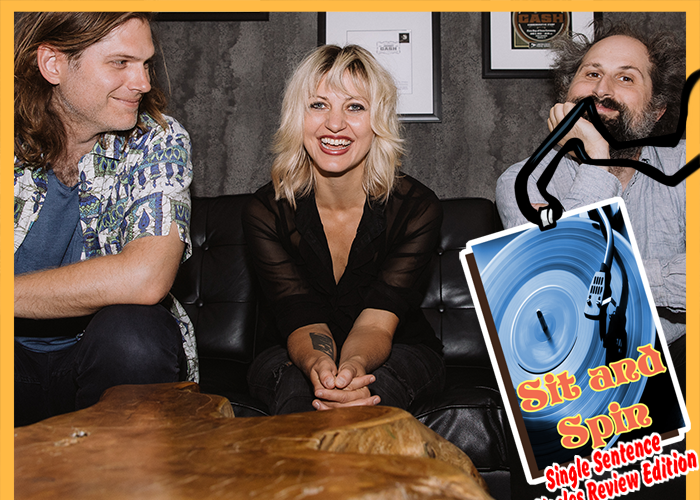


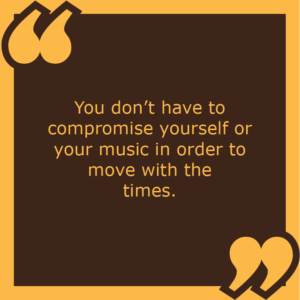 have to separate yourself emotionally from the songs when you call wrap on the production of an album?
have to separate yourself emotionally from the songs when you call wrap on the production of an album? TrunkSpace
TrunkSpace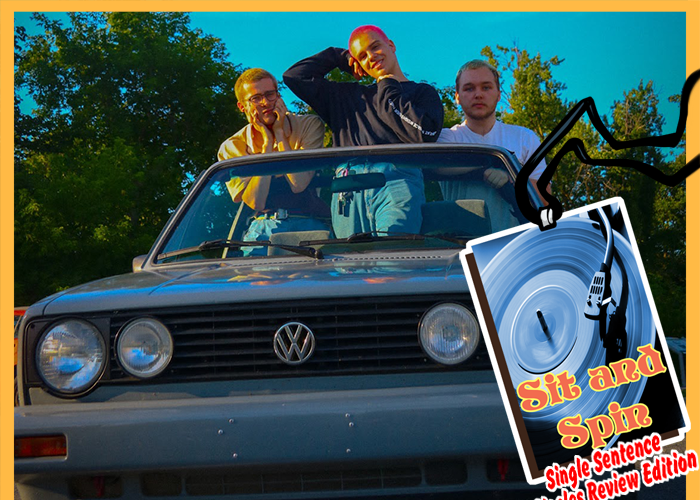
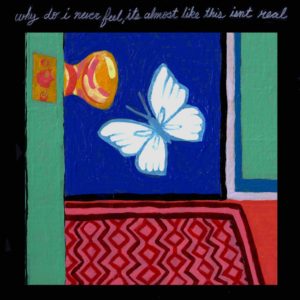
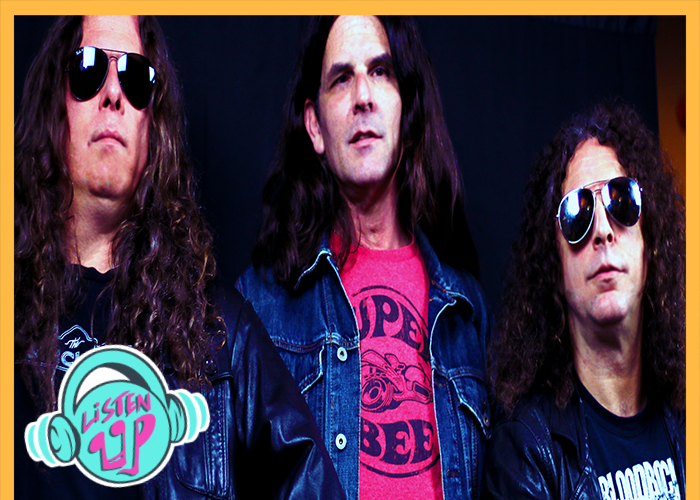

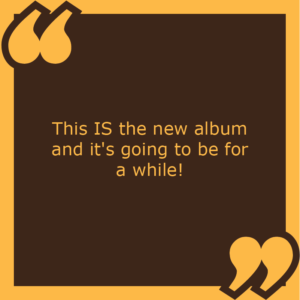
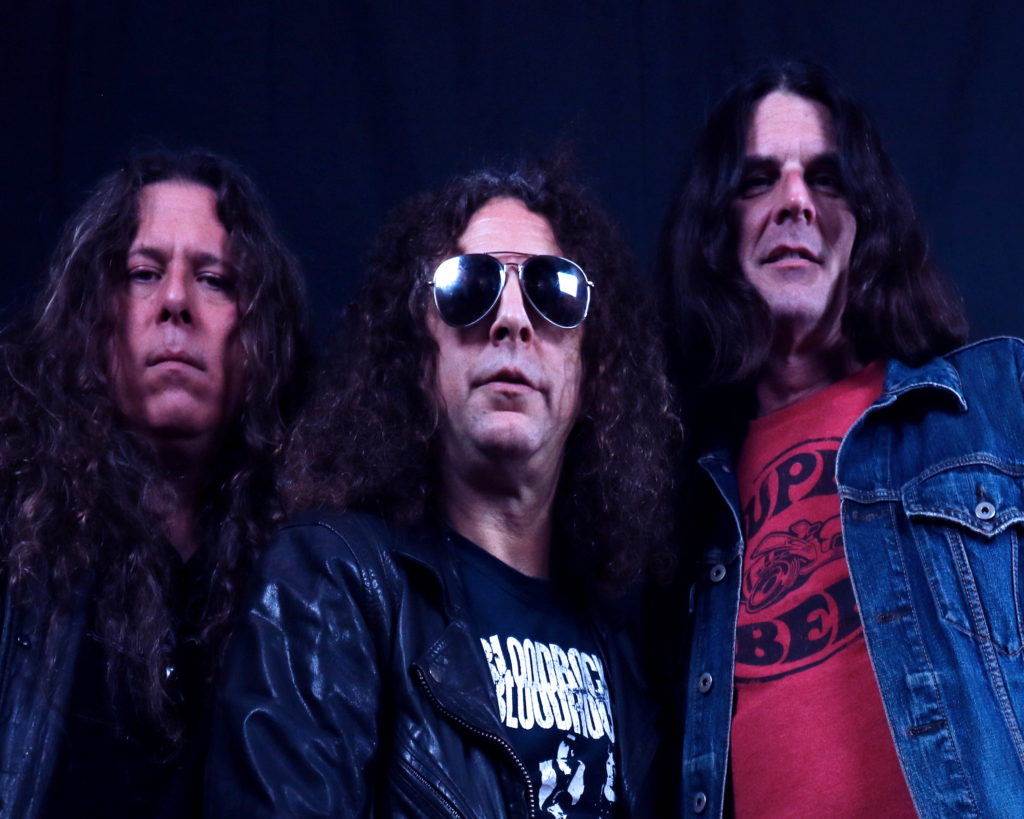
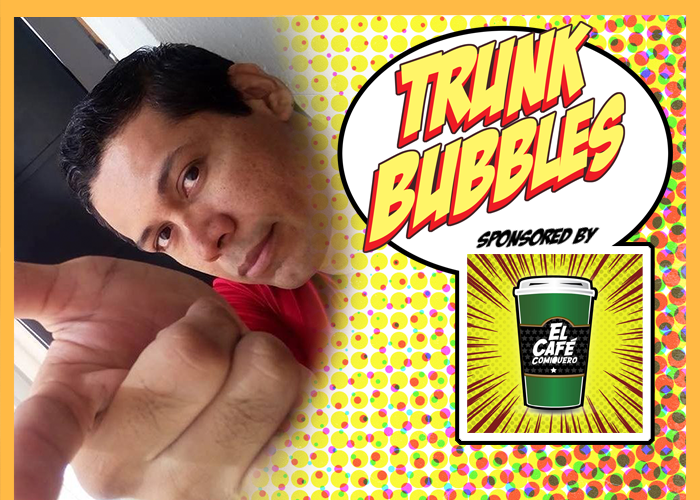
 Name: Allan Otero
Name: Allan Otero 11. Can you tell us something about your next comic book projects?
11. Can you tell us something about your next comic book projects?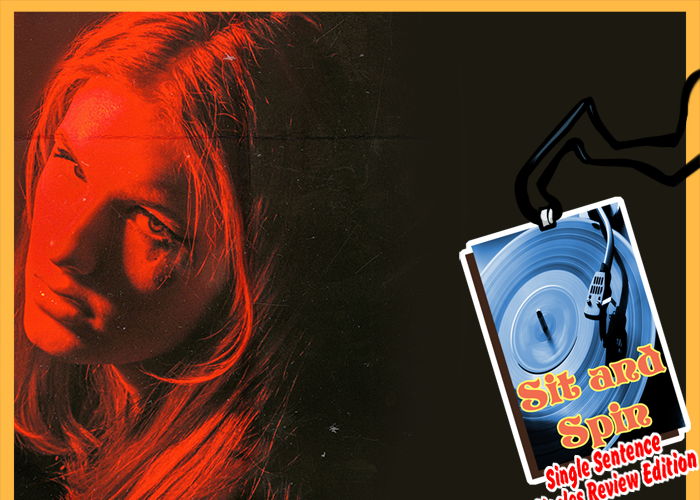
 Song Title: Cross My Heart I Hope U Die
Song Title: Cross My Heart I Hope U Die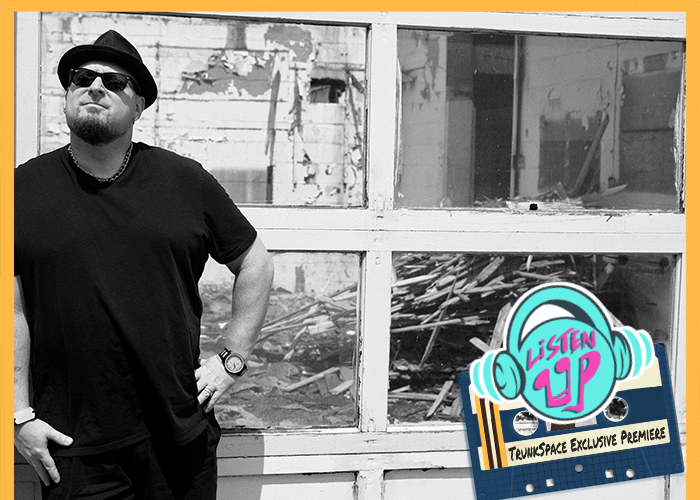
 Boston-based songwriter Munk Duane is dropping a new single today, and you can check out the official video for it first at TrunkSpace, but before you do, here’s what Duane had to say about the song.
Boston-based songwriter Munk Duane is dropping a new single today, and you can check out the official video for it first at TrunkSpace, but before you do, here’s what Duane had to say about the song.
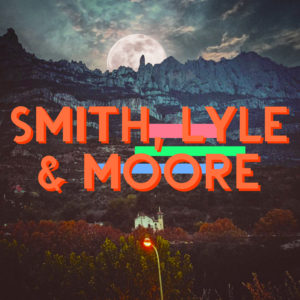 With the new single “Werewolf” just released, self-proclaimed musical perfectionists Smith, Lyle & Moore are eager to share their songs with the masses, though they admit to being unsure if they’ve caught creative lightening in a bottle – at least until they can see how audiences respond to their collective efforts.
With the new single “Werewolf” just released, self-proclaimed musical perfectionists Smith, Lyle & Moore are eager to share their songs with the masses, though they admit to being unsure if they’ve caught creative lightening in a bottle – at least until they can see how audiences respond to their collective efforts.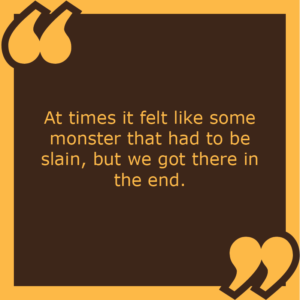

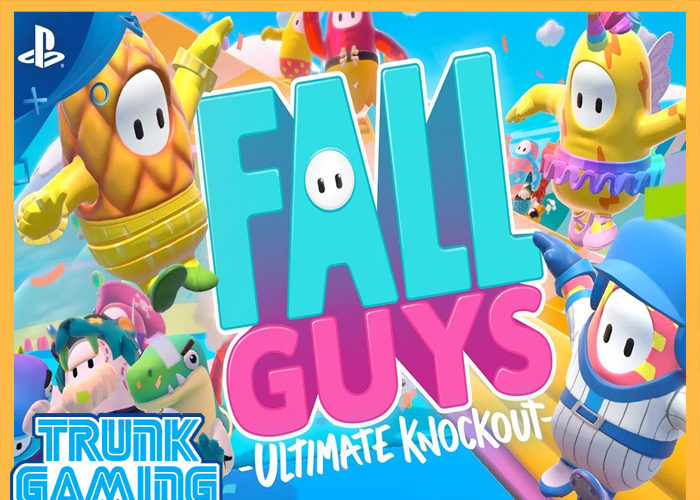

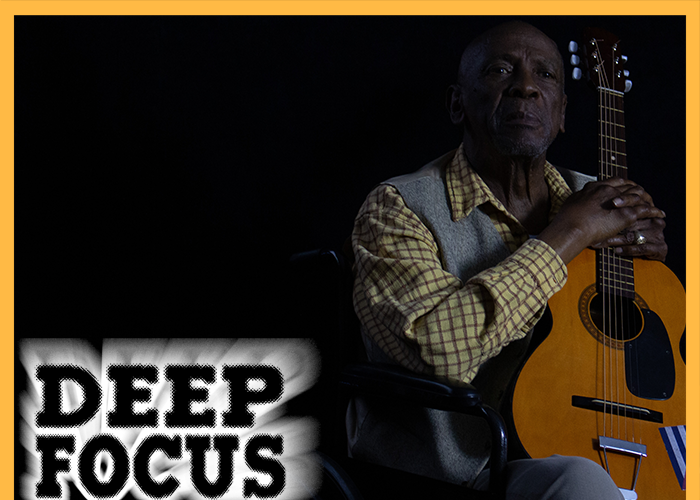
 In our ongoing column Deep Focus, TrunkSpace is going behind the camera to talk with the directors, writers and producers who infuse our world with that perennial pop culture goodness that we can’t get enough of.
In our ongoing column Deep Focus, TrunkSpace is going behind the camera to talk with the directors, writers and producers who infuse our world with that perennial pop culture goodness that we can’t get enough of.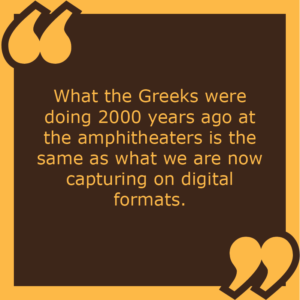
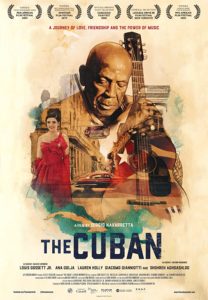 TrunkSpace: For fans, the final product of a film or series is always the most memorable part, but for those involved in a project, we’d imagine it goes much deeper than that. For you, what is something about your time working on The Cuban that you’ll carry with you through the course of your life/career?
TrunkSpace: For fans, the final product of a film or series is always the most memorable part, but for those involved in a project, we’d imagine it goes much deeper than that. For you, what is something about your time working on The Cuban that you’ll carry with you through the course of your life/career?